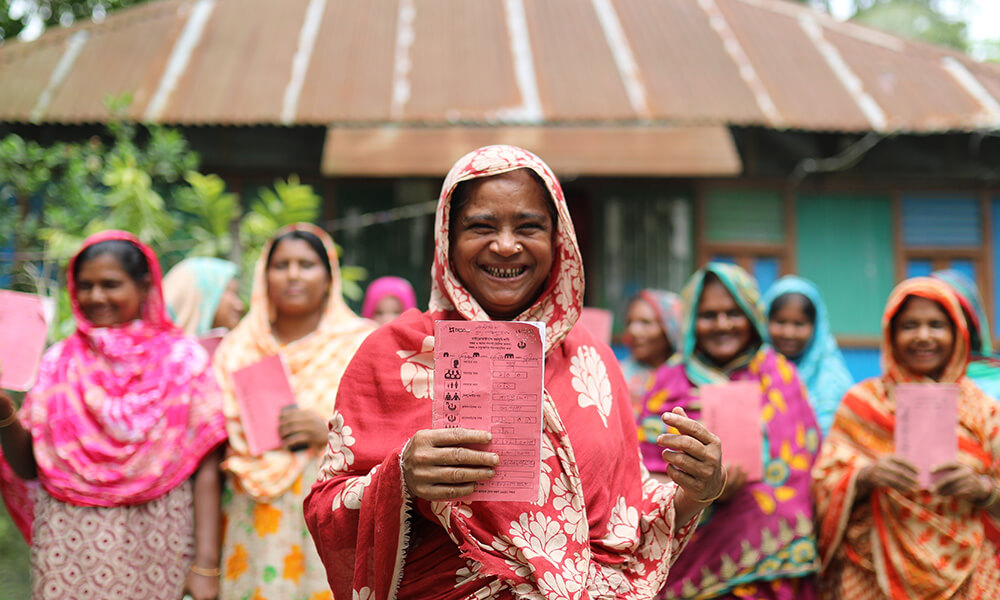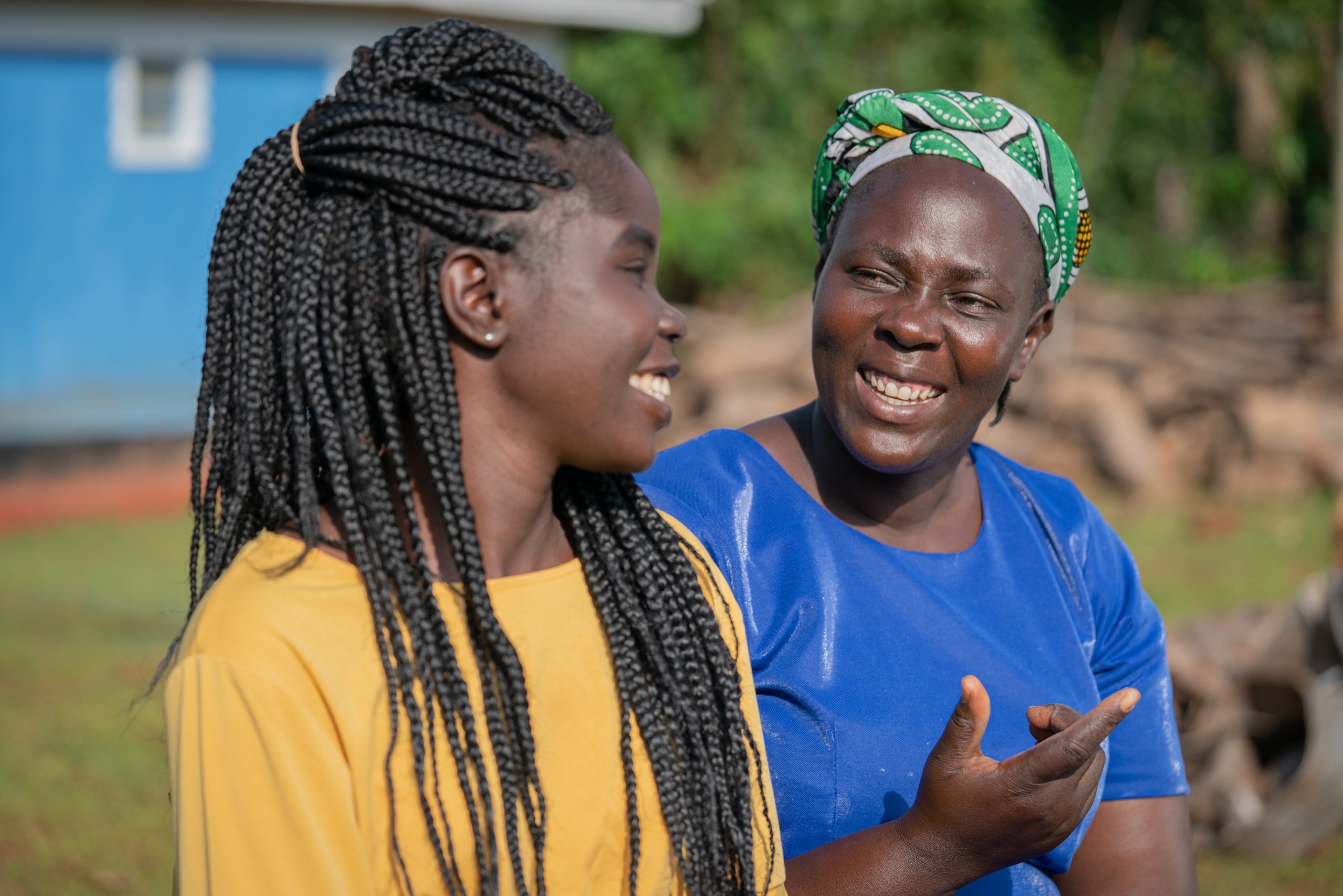

How Organizations Measure the Real Impact of Social Enterprise Programs
by Susan Galer
To find out if your social enterprise program is valuable, ask the beneficiaries. When researchers from 60 Decibels did just that, they discovered that nearly three out of four beneficiaries from three workforce development social enterprise programs worldwide – all partners of the SAP Social Sabbatical initiative – found value in acquiring new skills and the ability to get a better job. Almost 700 people who attended workforce development or entrepreneurship programs provided feedback to the survey. Participants were predominantly disadvantaged or disabled youth who averaged 28 years old and were evenly split between genders. What they all shared was the desire for a better life, whether they struck out on their own or worked for an organization in pretty much any industry.
“It’s impossible to measure the impact of volunteerism unless you actually talk with the beneficiaries. Unlike traditional post-project research that can take years to get results, our remote data collection and analysis approach surfaces project impact in weeks, making it actionable faster for corporate sponsors like SAP and their social enterprise partners and the communities they serve,” said Sasha Dichter, co-founder and CEO at 60 Decibels. “With near real-time information from beneficiaries, organizations can hold themselves accountable, quickly comparing results from different geographies and using the data to improve offerings based on participant feedback.”
To read the full Forbes article, check out the link below.
SAP and 60 Decibels Team Up to Study Impact
To commemorate 10 years of the SAP Social Sabbatical, SAP partnered with 60 Decibels. The impact data below is collected directly from SAP’s employee participants, client partners, as well as their beneficiaries.
85%
74%
77%
See the data for yourself
Below, you can download the 3 reports 60dB created through surveys with SAP’s employees, partners, and beneficiaries.
